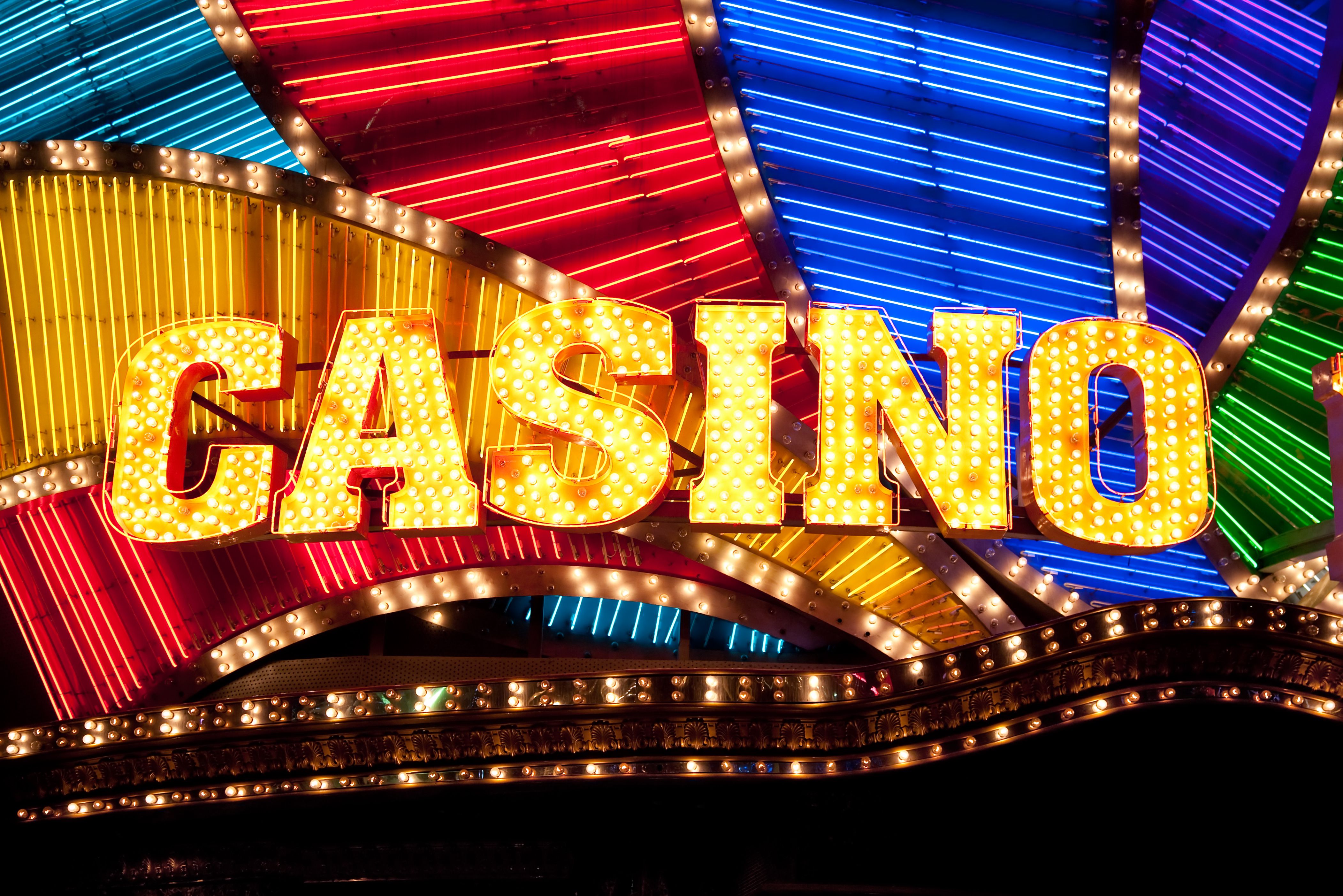
Casino games have long captured the interest of people around the planet, becoming an integral part of both entertainment and tradition. From the shimmering lights of Las Vegas to the engaging experience of virtual casinos, these games evoke enthusiasm, uncertainty, and sometimes even a sense of nostalgia. They are more than just pastimes; they have woven themselves into the tapestry of our lives, influencing everything from film and music to clothing and books.
The charm of casino games transcends the betting aspect, tapping into broader themes of luck, risk, and human behavior. As players gather around a poker table or spin the roulette, they engage in an timeless ritual that echoes with our shared desire for thrill and instability. This obsession has led to the rise of numerous references in films, music, and video games, showcasing how deeply entrenched these pastimes are in pop culture. Whether it is the pressure of a classic robbery film or the vibrant nightlife portrayed in recordings, casino games have carved out a substantial place that reflects our bond with risk.
Cultural Importance of Casino Activities
Gambling games have played a key role in social aspects throughout the ages. Stemming from ancient civilizations, forms of chance were often connected to ceremonies or gatherings. For instance, early iterations of gambling can be traced back to ancient Chinese and the Romans, where dice games and wagering on outcomes were popular pastimes. These games not only served as leisure but also as methods of connecting people, facilitating relationships among individuals within societies.
As societies evolved, so did the complexity and structure of gambling games. The creation of formal casinos in the 17th century, particularly in Italy, marked a significant shift in how games were perceived and organized. With specific spaces for gambling, the casino became a social hub where people from various backgrounds gathered. This evolution contributed to the validation of gambling, transforming it from a mere pastime into an established industry that influenced the economy and policy.
The impact of casino games on popular culture cannot be overlooked. As they were brought into the limelight in books and movies, games such as Texas Hold’em and blackjack became icons of risk, luck, and tactics. Iconic figures and stories have emerged around these activities, illustrating societal attitudes towards luck, prosperity, and immorality. This fascination with gambling activities has permeated various forms of media, cementing their place in the collective consciousness and connecting them to wider cultural stories throughout history.
Representation of Gambling Activities in Entertainment
Casino activities have long been a popular theme in various forms of media, reflecting both the thrill and nuances of gambling culture. Films such as Ocean’s 11 and Casino Royal portray individuals who navigate intense situations, showcasing not only the allure of the gambling environment but also the tactics and choices that come with playing popular games like Texas Hold’em and blackjack. These movies often dramatize the exhilaration of winning and the potential consequences of losing, encapsulating the perils involved in gambling.
Television shows have also explored the universe of casino games, often integrating them into the narrative as a context for character development and drama. Series like Las Vegas depict the experiences of casino workers and customers, highlighting the vibrant, often disorderly energy of the casino floor. Reality shows featuring intense betting contests further emphasize the appeal of gambling activities, drawing viewers into the tension and tactics involved in each game. Through these portrayals, media not only entertains but also sparks conversations about fortune, skill, and the character of chance.
Video games have increasingly integrated casino games into their structure, allowing players to simulate the feeling of betting without monetary loss. Games within the landscape of digital gaming often include online slot machines, online poker, and other popular casino games, creating an immersive gameplay that mirrors actual casino experiences. These virtual portrayals make casino games accessible to a worldwide viewer base, appealing to both players who indulge and those who enjoy the thrill of simulation. As a result, the portrayal of casino games in media continues to shape societal views and cultural significance, highlighting their function in entertainment and social context. 79king
Impact of Casino Games on Communities
Gambling activities have a significant effect on society, affecting multiple facets of societal norms and social behavior. They often serve as a venue for community engagement, where people gather to enjoy a common activity. Game nights with friends or visits to casinos become group events that build connections and create shared moments. This communal aspect boosts the fun value of casino games, making them a favored choice for festivities and leisure activities.
Moreover, casino games have been portrayed in numerous movies, TV series, and written works, influencing views and attitudes towards gambling and gaming. Icons like James Bond playing baccarat or the high-stakes poker scenes in films have cemented these games in the collective imagination. This representation often idealizes the lifestyle associated with gambling, drawing in new players and impacting trends in both fashion and conduct. These portrayals can ignite curiosity and lead to a more profound exploration of the intricacies of gaming.
However, there are also negative consequences linked to the popularity of gambling activities. The temptation of quick monetary gain can lead to problem gambling and financial troubles for some individuals. The community must grapple with these issues, promoting responsible gaming and education of the risks involved. Balancing the fun aspect of gambling activities with the potential for harm is crucial to ensure that they continue to be a beneficial aspect of our cultural landscape.